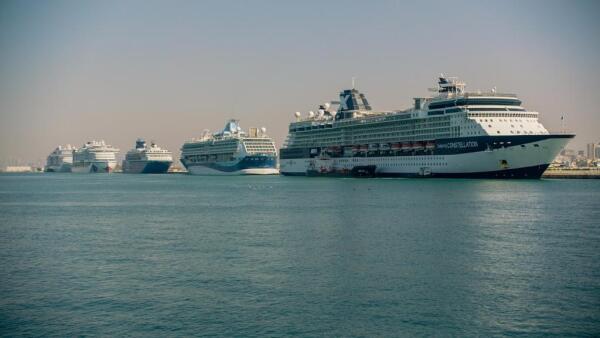Los Angeles Wildfires Highlight Water Shortages and Firefighting Challenges
As deadly wildfires continue to rage across Los Angeles, scorching over 27,000 acres, firefighters are grappling with a severe water shortage, hampering efforts to contain the flames. The fires, which began Tuesday, have forced hundreds of thousands of residents to flee, leaving behind a trail of devastation.
Devastation and Resource Depletion
California Governor Gavin Newsom described the situation as one of “complete and utter devastation” during an interview with CNN, emphasizing the strain on resources. Fire hydrants in affected areas quickly ran dry, leaving firefighters scrambling for alternatives.
“These hydrants are designed to handle one or two fires, not an emergency of this scale,” Governor Newsom explained.
Janisse Quiñones, Chief Engineer for the Los Angeles Fire Department of Water and Power, echoed these concerns during a press conference. She revealed that the department’s three water tanks, each capable of holding one million gallons, were depleted by Wednesday morning.
“We’re fighting a wildfire with urban water systems, and that is really challenging,” Quiñones stated.
Turning to the Pacific Ocean
In a desperate bid to combat the flames, firefighters resorted to using salt water from the Pacific Ocean, a rare and controversial tactic. Firefighting planes were seen scooping water from the ocean, according to KTLA 5 News.
While salt water can be effective in extinguishing fires, its routine use poses significant challenges:
- Corrosion of Equipment: Salt water can damage firefighting tools, including tanks, hoses, and hydrants, reducing their lifespan and reliability.
- Environmental Impact: The high salt content of ocean water can harm ecosystems, often leaving barren landscapes in affected areas for years.
The Debate Over Desalination
To use salt water as effectively as fresh water, it must be desalinated—a process some environmentalists view as inefficient and expensive. While desalination could address water shortages during wildfires, its large-scale implementation remains controversial. Critics argue that prioritizing systemic solutions to droughts and water management would be more sustainable in the long term.
A Growing Crisis
The wildfires in Los Angeles are a stark reminder of the growing challenges posed by climate change, drought, and resource limitations. With urban water systems struggling to keep up with the intensity of these disasters, the need for innovative and sustainable solutions has never been more urgent.
As communities in Los Angeles rebuild and recover, it is clear that addressing water shortages and firefighting infrastructure will be critical to preventing future catastrophes of this scale. For more insights on urban resilience and sustainability, stay tuned to our blog.
Source : Yahoo News




